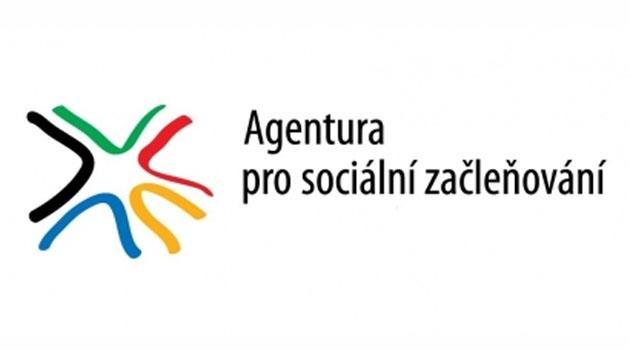Czech Gov't Agency for Social Inclusion may get more money and power

The Czech Government Agency for Social Inclusion could have a stronger position in the future and perhaps even more money from the state. Czech Human Rights Minister Jiří Dienstbier (Czech Social Democratic Party – ČSSD) is making such plans.
A law on social inclusion is now being drafted which would establish arrangements for the situation of the Agency. According to the government-approved "Strategy for the Fight against Social Exclusion", 1.58 million people are at risk of marginalization and poverty in the Czech Republic, 128 500 of whom do not have enough income, jobs or material amenities to leave poverty.
"The state of affairs in which the Agency is just one department of the Office of the Government is definitely not completely ideal. The anchoring of the Agency into the administration should be a bit more precise," Dienstbier told the Czech News Agency.
What the Agency for Social Inclusion might look like in future, whether it would function as an independent office and what it would be tasked with is not yet clear. Work is just now beginning on the design of the law that will govern it.
The Agency was created in 2008 and since 2010 has functioned mostly with EU money. Dienstbier believes it should stay this way for the next few years.
More financing from EU funds is expected to flow into the social area. "However, it would not be totally ideal for the Agency to function only with EU money. I have already spoken with the prime minister about doing everything we can to financially buttress it from the Czech budget as well," the minister said.
In 2011 the Agency had roughly CZK 34.9 million to work with. Of that money, CZK 24.48 million came from the Human Resources and Employment program of the European Social Fund, and CZK 10.42 million came from the Czech state.
Due to project delays, ultimately only about two-thirds of those funds were spent, CZK 7 million from the state and not quite CZK 16 million from the EU. The Agency was originally meant to contribute to Romani inclusion, but after some time it decided to focus on the social inclusion of all who are in need.
The Agency designs draft measures and plans for their implementation. It is supposed to help towns and villages get rid of concentrations of poverty in certain buildings or neighborhoods and to help the inhabitants of such areas participate in normal life.
There are around 400 such troubled localities in the Czech Republic, predominantly inhabited by Romani people. Many residential hotels have also been transformed into ghettos.
Around 100 000 people are estimated to live in such places. Agency advisers are meant to help manage the situation in various places.
The advisers are supposed to launch collaborations between local governments, local Labor Offices, nonprofits, the police, and schools. Together, these stakeholders are supposed to design a plan of steps to take to improve the situation.
The Agency remains for up to three years in selected towns and villages. Dienstbier says that within two months it will have produced an amendment to the law on aid to those in material distress.
Work on the amendment began under the government of former PM Rusnok. His cabinet wanted to restrict the time frame within which housing subsidies could be disbursed to tenants of residential hotels and to cap the amount of those subsidies.
Experts have criticized the bill. In their view, many people in need could end up on the street within a few months as a result of it.
"The Rusnok government’s bill worsened social housing conditions and was in conflict with the new Civil Code," Czech Labor Minister Michaela Marksová Tominová (ČSSD) posted on Facebook today. She said a new law on social housing would establish standards for social housing and those who qualify for it.
Dienstbier believes negotiations about the form of social housing in the Czech Republic are starting to move forward. The outlines of a model should be clear next year, when draft legislation should be ready.
By mid-2014 draft legislation on debt collection and enforcement should already be on the table. Dienstbier says the government will be intervening in that industry more comprehensively.